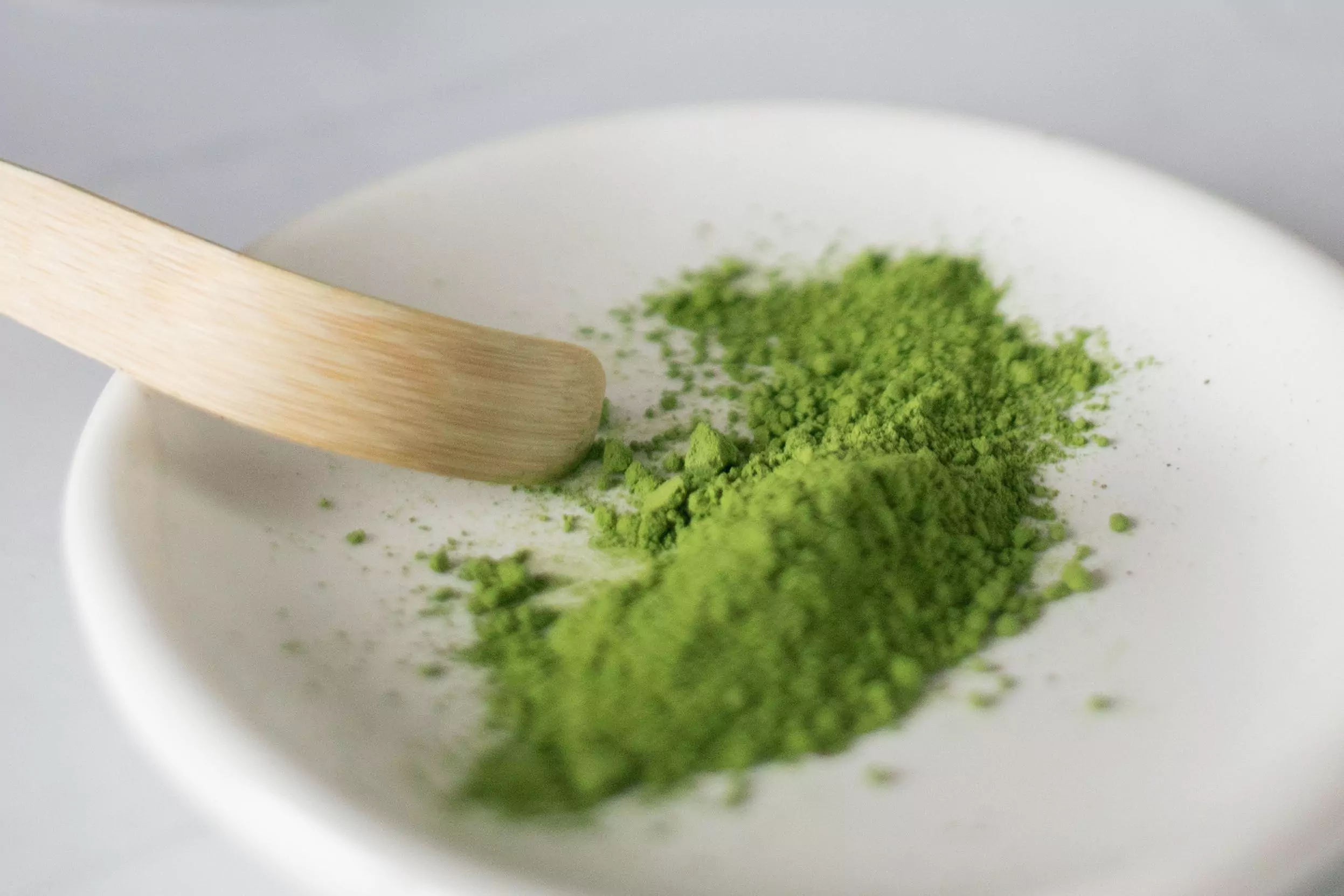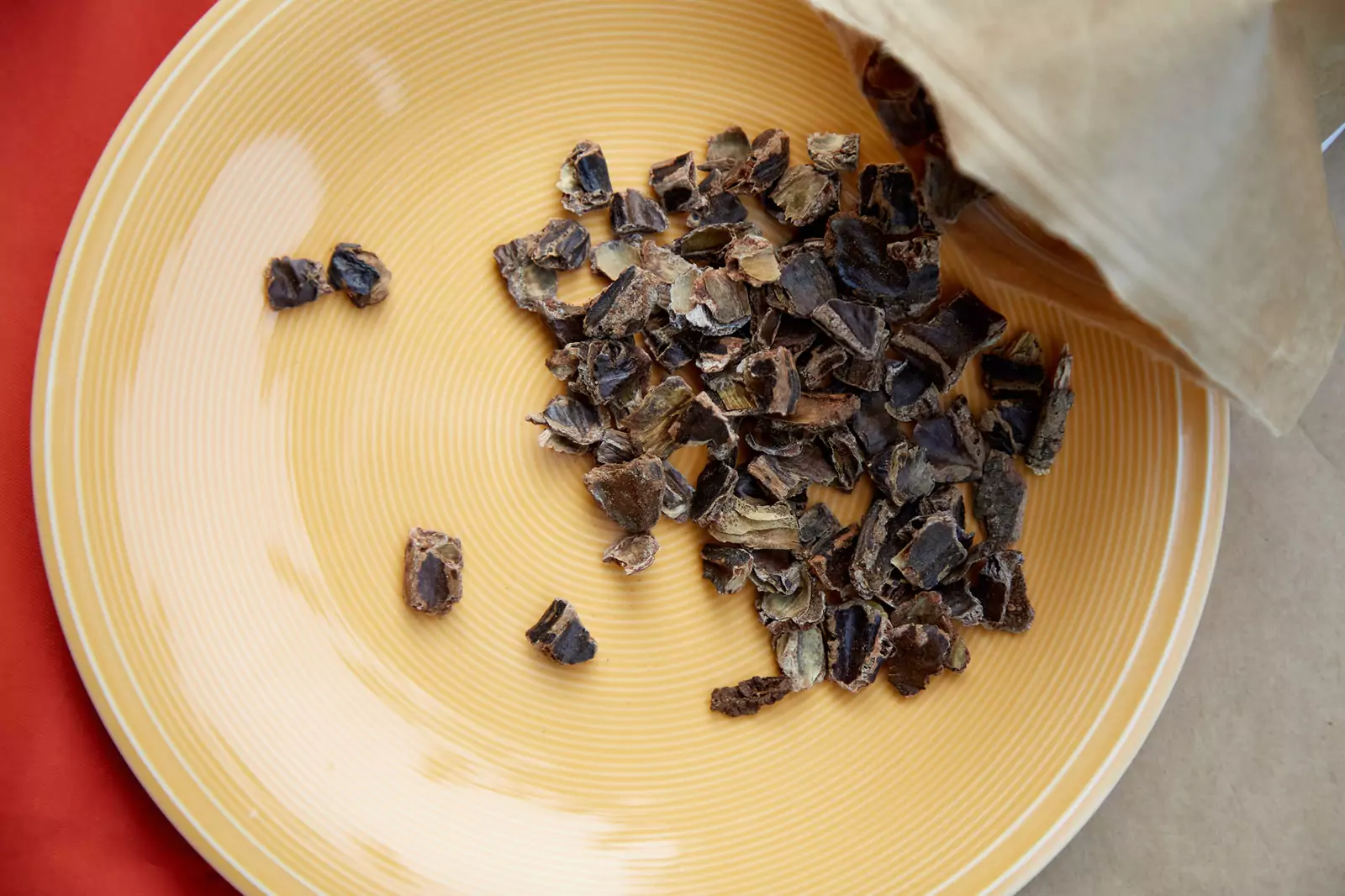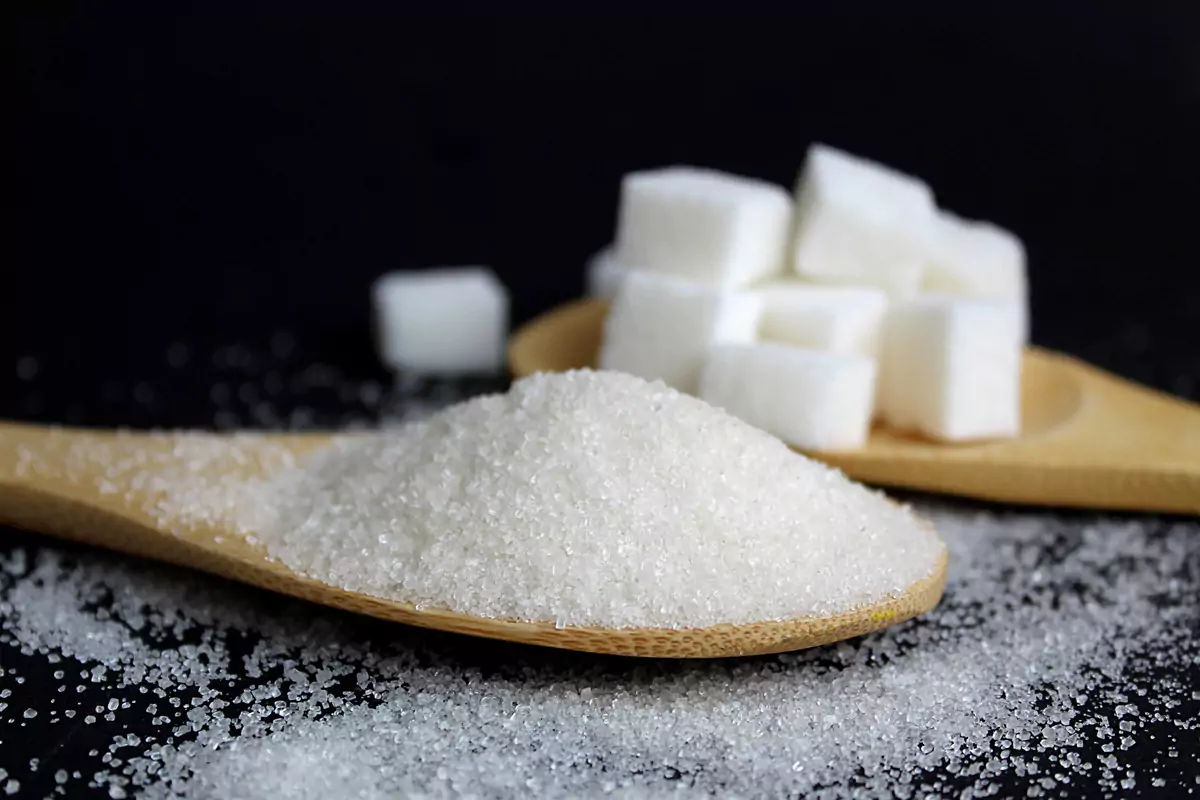
UP TO 40% OFF SITEWIDE






Spirulina Benefits With or Without Diabetes!


Table of Contents
- What Are Spirulina Benefits?
- What is Spirulina?
- What is Spirulina Good For?
- Is Spirulina Good For Diabetics?
- Does Spirulina Give Energy?
- How Can Spirulina Help Control Allergies?
- Does Spirulina Help Lowers Blood Pressure?
- Does It Reduce The Risk of Oral Cancer?
- Can I Take Spirulina If I am on Metformin?
- Would Spirulina Powder Help Protect From Heart Disease?
What Are Spirulina Benefits?
Spirulina is a high-nutrient source. It contains phycocyanin, a powerful plant-based protein. According to research, this has antioxidant, pain-relieving, anti-inflammatory, and brain-protective properties. Many of the antioxidants found in spirulina have anti-inflammatory properties in the body. There are many more benefits or spirulina or spirulina powder. Lets review them here shortly.
What is Spirulina?
SPIRULINA is a type of algae that is rich in nutrients. Spirulina is a type of blue-green algae that grows in both salt and fresh water. It may be one of the most nutrient-dense foods on earth. It is often used as a dietary supplement or as a natural food coloring.
What is Spirulina Good For?
-SPIRULINA contains high levels of protein, vitamins, minerals, and antioxidants. The main active compound in SPIRULINA is Phycocyanin. Phycocyanin is a blue pigment that gives SPIRULINA its characteristic color. This pigment also has powerful antioxidant and anti-inflammatory properties.
SPIRULINA has been shown to protect cells from damage caused by oxidative stress. It also helps to reduce inflammation throughout the body. These properties make SPIRULINA an ideal supplement for diabetic or insulin-resistant people who are looking to improve their health.
Is Spirulina Good For Diabetics?
Some evidence suggests that SPIRULINA may benefit people with type 2 diabetes, significantly reducing fasting blood sugar levels. In one study, participants who took SPIRULINA supplements for three months had significantly lower fasting blood sugar levels than those who didn't take SPIRULINA.
In my clinical experience, bitter melon and fenugreek as well as alma work better than spirulina. That is why we did not put spirulina in our SugarMD Advanced Glucose Support supplement to choose stronger herbs for the best results.
SPIRULINA may also help improve insulin sensitivity. Insulin sensitivity is the body's ability to use insulin efficiently. People with insulin resistance or type 2 diabetes are less sensitive to insulin, which can lead to high blood sugar levels. SPIRULINA may help increase insulin sensitivity and improve blood sugar control in people with type 2 diabetes. While more research is needed, SPIRULINA appears to be a safe and effective way to lower blood sugar levels in people with type 2 diabetes.
Does Spirulina Give Energy?
If you're looking for a way to boost your workout performance, you may want to consider spirulina. Exercise-induced oxidative damage is a major contributor to muscle fatigue. Studies have shown that spirulina due to its anti-oxidant features can enhance endurance and increase muscle strength. It may also help to reduce exercise-induced fatigue. So if you're looking for an edge in your next workout, consider adding spirulina to your supplement regimen.
In my clinical experience, patients need to take spirulina for a few months to see some results. On the other hand dihydro- berberine is much more effective for energy and exercise performance.
How Can Spirulina Help Control Allergies?
If you're one of the many people who suffer from seasonal allergies, you know how frustrating it can be to deal with the sneezing, itching, and general misery that comes along with it. But there may be hope yet: a new study has shown that spirulina supplements are very effective against allergic rhinitis, reducing various symptoms.
The study, which was conducted at the Taichung Veterans General Hospital in Taiwan, looked at the effect of spirulina on a group of patients with seasonal allergies. The patients were given spirulina supplements for eight weeks, and at the end of the study, it was found that the supplements had significantly reduced the symptoms of allergic rhinitis.
furthermore, the spirulina group also had lower levels of inflammation and IgE (a type of antibody that is associated with allergies). So if you're looking for a natural way to relieve your seasonal allergy symptoms, spirulina may be worth a try.
Does Spirulina Help Lowers Blood Pressure?
Some studies have shown that spirulina can help lower blood pressure levels, which is a major risk factor for many diseases. However, it is unclear whether a higher dose of spirulina would have an even greater effect on blood pressure. Therefore, researchers decided to investigate the matter.
They divided participants into two groups: one group received a high dose of spirulina, while the other group received a placebo. The results showed that the group who took spirulina had significantly lower blood pressure levels than the placebo group. This suggests that a higher dose of spirulina may be effective in reducing blood pressure levels.
Does It Reduce The Risk of Oral Cancer?
Recently, SPIRULINA has been shown to have anti-cancer properties as well. In one study, SPIRULINA was found to be especially effective against a type of precancerous lesion of the mouth. This is good news for those who are looking for natural ways to prevent cancer.
SPIRULINA is a safe and easy-to-take supplement, and it may offer protection against cancer. SPIRULINA has been shown to be effective in lowering triglycerides and "bad" LDL cholesterol while simultaneously raising "good" HDL cholesterol. This is good news for diabetics who are at an increased risk for heart disease. SPIRULINA is a safe and natural way to improve your cholesterol levels and protect your heart health.
Can I Take Spirulina If I am on Metformin?
Yes, it is safe to take spirulina with metformin and other diabetic medications as long as you continue to monitor blood sugar even more frequently as spirulina may lower blood sugar and you may need adjustments in sulfonylurea or insulin doses.
Would Spirulina Powder Help Protect From Heart Disease?
One of these potential benefits is protecting "bad" LDL cholesterol from oxidation. LDL cholesterol is a type of fat that can build up in the arteries, increasing the risk of heart disease. However, LDL cholesterol is only harmful when it becomes oxidized. This can happen when it comes into contact with free radicals, which are unstable molecules that are produced naturally in the body.
Antioxidants help to neutralize free radicals, preventing them from causing damage. spirulina is thought to be a powerful antioxidant, and it may help protect LDL cholesterol from becoming oxidized. Additionally, spirulina may promote heart health by reducing blood pressure and inflammation.
While more research is needed to confirm these potential benefits, spirulina appears to be a promising option for those looking to improve their heart health. Ahmet Ergin, MD, CDCES, FACE, ECNU Endocrinologist, Metabolism, and Weight Loss Specialist. sugarmds.com
Who is Dr. Ergin? Dr. Ahmet Ergin is an endocrinologist with a particular interest and passion for diabetes care. Dr. Ergin earned his medical degree with honors at Marmara University School of Medicine in Istanbul, Turkey. Then, he completed his internal medicine residency and endocrinology fellowship at Cleveland Clinic in Cleveland, Ohio. He is a board-certified physician in Internal Medicine and Endocrinology, diabetes, and metabolism. He is also a certified diabetes education specialist.
Disclaimer: Any information on diseases and treatments available on this website is intended for general guidance only and must never be considered a substitute for the advice provided by your doctor or other qualified healthcare professional. Always seek the advice of your physician or other qualified health care professional with questions you may have regarding your medical condition.
Written By Dr. Ahmet Ergin
465 total articles
Meet Dr. Ahmet Ergin, a highly skilled and dedicated endocrinologist with a passion for diabetes care. Dr. Ergin earned his medical degree with honors from Marmara University in Istanbul. He completed internal medicine residency and endocrinology fellowship at Cleveland Clinic. Dr. Ergin is board-certified in Internal Medicine, Endocrinology, Diabetes, and Metabolism due to his vast medical expertise. He's a certified diabetes educator, author of “The Ultimate Diabetes Book,” and founder of “the SugarMD YouTube channel.” Dr. Ergin offers exceptional diabetes care to his patients in Port Saint Lucie, FL, helping them manage effectively. For a closer look into his insights and experiences, connect with Dr. Ahmet Ergin on LinkedIn, Instagram, and YouTube.”
Disclaimer: These statements have not been evaluated by the Food and Drug Administration. Information on this website isn't intended to treat, cure or prevent any disease. Discuss with your doctor and do not self-treat.
Products












